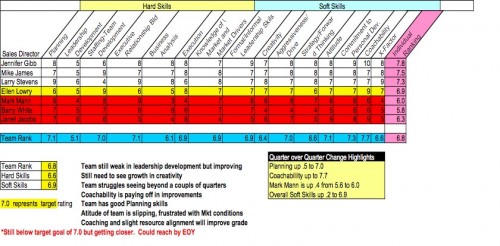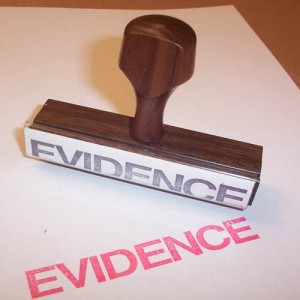-resized-600.jpg)
You are faced with a limited budget, new or established products, a sales team that varies in strength and experience, competitors that are trying to kick your ass and a board and CEO that are demanding more and more revenue. As the head of sales (CSO, EVP, SVP, VP) you have to create a sales strategy that will deliver under ever more trying circumstances.
To successfully do this, you need a specific, well laidout, plan of attack. Unfortunately, what I've found is most sales organizations don't have a strategy, they have goals.
I recently met with the Chair and the CEO of a web based company. During our conversation, they shared their sales strategy. Their key strategy, get new logo's and net new business and move away from reliance on existing accounts. Great objective or goal, but this is NOT a strategy.
Saying you are going to win the war by storming the hill is not a strategy. Saying your going to win the war by storming the hill with infantry on the flanks, calvary up the middle, archers for support and cutting the enemies supply line from the rear, is a strategy.
Sales strategy is the "HOW" your organization is going to deliver the revenue and "get new logo's." A solid sales strategy is multi-layered and capitalizes on market, product, team or other types of opportunities.
A sales strategy must start from the demand side of the equation. It has to answer;
- Does my strategy capitalize and align with my buyers investment strategies?
- Does it create demand or respond to latent demand?
- Does it take into consideration how my customers buy?
- Does it leverage an internal strength and/or unique company advantage?
- Is it capitalizing on an undentified market or industry trend or shift.




